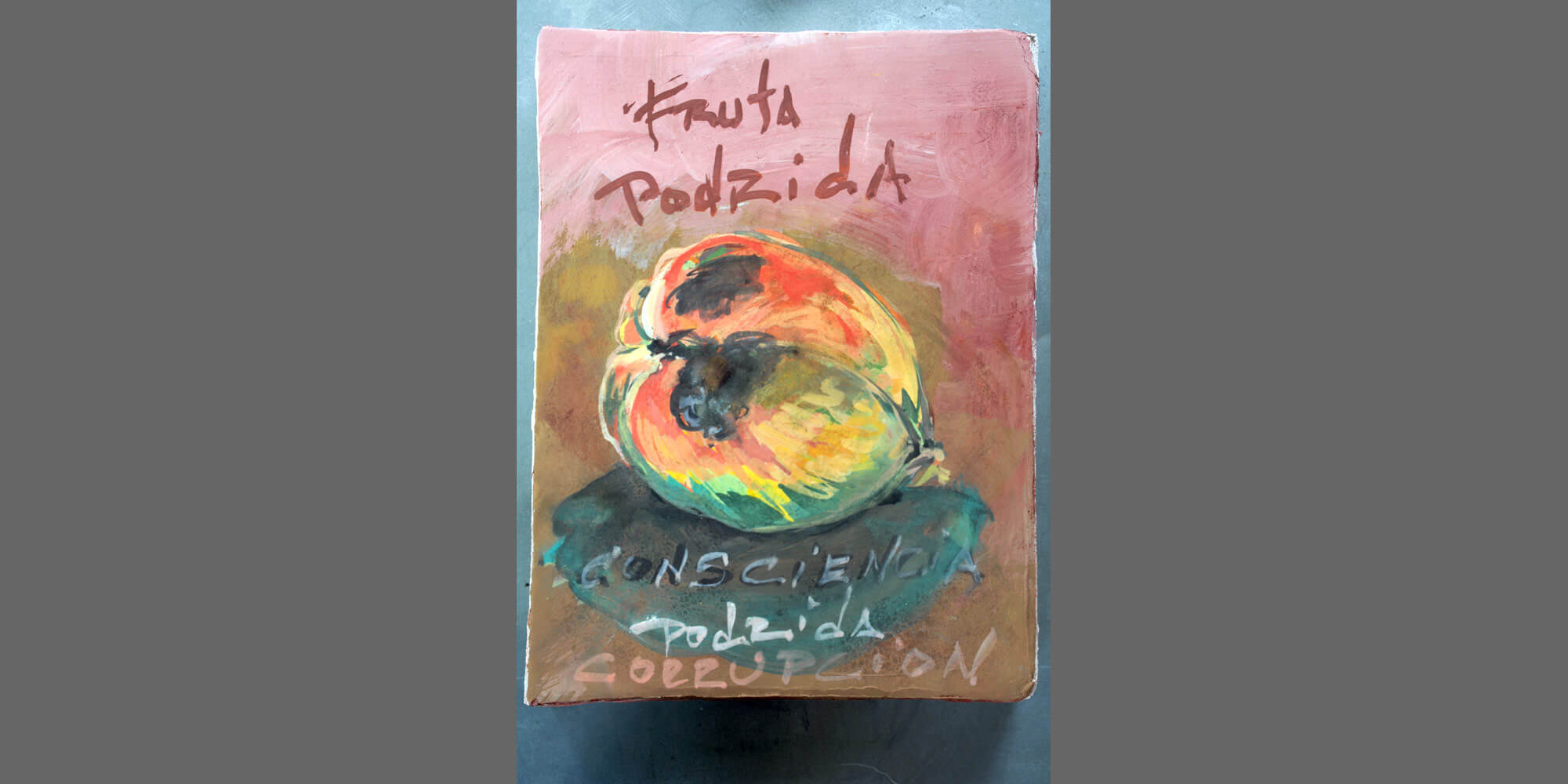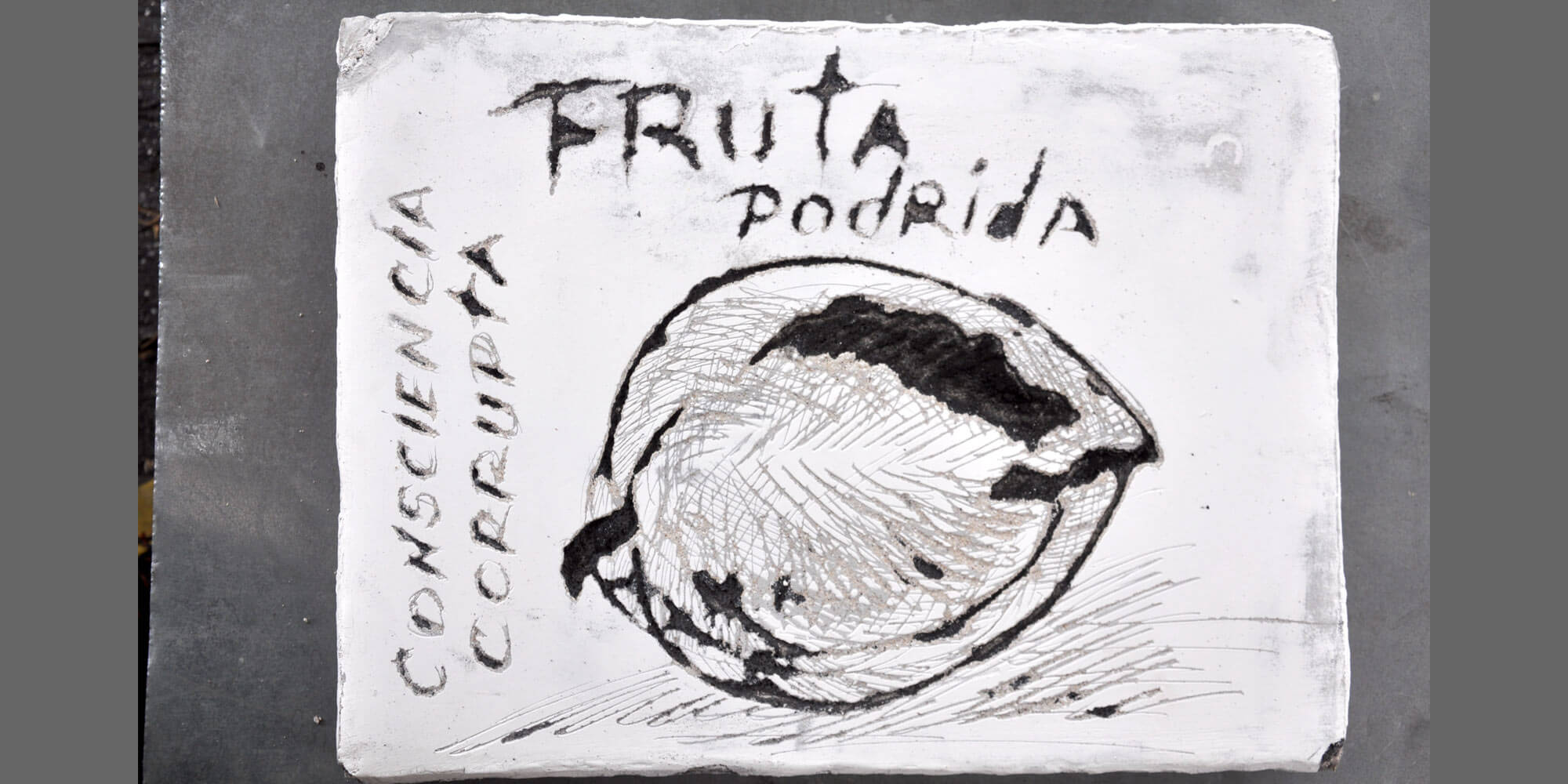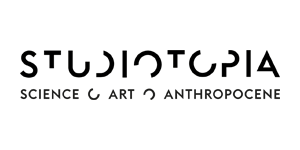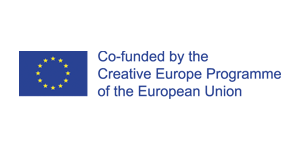Studiotopia Art and Science Residency
The aim of the project The illness of the consciousness is corruption – smell and think is to raise awareness about human consciousness and how unconscious we are of what happens around us.
Oswaldo’s body of work consists in sculptural compositions formed from images, objects, sounds, and smells that create spaces for thought. His artworks investigate conventional notions of knowledge and perception.
This raises new questions, such as how to find “‘back doors”’ to enter viewers’ consciousness in an unconscious way beyond one’s beliefs and judgements? How to open peoples’ perception toon the perspective of the Other? How could we start to feel responsible for the world around us? How can we truly listen to our planet and its human and non-human inhabitants?
These questions explore sustainable development through the converging views of art and science.

The illness of the consciousness is corruption – smell and think, Oswaldo Macia (CO/UK) – artist, Emilia Leszkowicz (PL) – scientist, Chris Bean (IE) – scientist, Credit: Oswaldo Macia
Oswaldo Maciá creates olfactory-acoustic sculptures responding to time, place and the ever-changing nature of our planet. Maciá’s immersive scenarios of sound and smell are held in international art collections and have been exhibited globally, including at Tate Modern, Tate Britain, Manifesta 9, Venice Biennial, Daros Latinamerica, Riga Biennial, MOCO Montpellier Contemporain, and Porto Alegre Biennial. Maciá was born in the Caribbean city of Cartagena de Indias, Colombia. He lives and works in London and New Mexico.
Chris Bean is Senior Professor and Head of Geophysics at the Dublin Institute for Advanced Studies. His research interests cover the quantification of ocean- wave generated ambient microseism noise, ocean- wave parameter estimation from microseisms, temporal monitoring of water column and near seafloor properties using time-lapse ambient noise seismo-acoustics. He has also published widely on micro-seismicity associated with the failure of weak materials, especially on volcanoes.
Emilia Leszkowicz is an electrophysiologist based at University of Gdansk, Faculty of Biology, Department of Animal and Human Physiology with a strong track record of in vivo recordings in animals, and experience in human fMRI. Doctor of Philosophy, Neuroscience, University of Gdansk, Gdansk, Poland. Thesis: The role of particular neuromodulatory systems of the pedunculopontine tegmental nucleus in the regulation of hippocampal theta rhythm (2007).
Credits
The residency is part of STUDIOTOPIA project supported by the Creative Europe Programme of the European Union.






